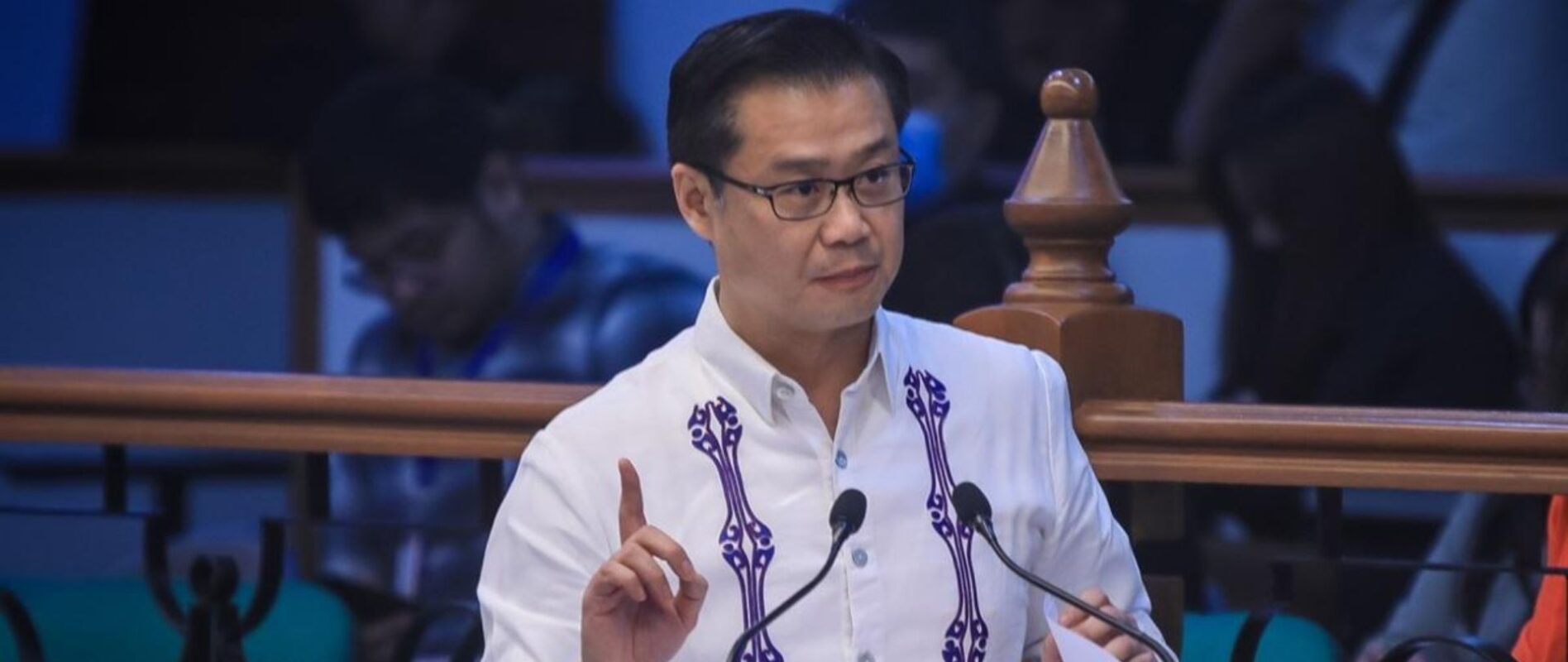WALANG FOREVER? FEWER FILIPINOS ARE GETTING MARRIED, A SIGN OF THE TIMES
In this issue of The Feed, to conclude the ‘love month’, we look at the phenomenon of fewer Filipinos getting married and what might explain it. We dive into what the numbers are and what influences such figures. ‘Walang forever’ is a common refrain when Filipinos find out about broken relationships or broken marriages. But ultimately, we remain hopeful that we, while being more discerning and career-oriented nowadays, are still romantic, and to us, marriage is not yet passé.
It may be said that Filipinos and romance are two peas in a pod. Philippine cinema and artistry are known for always having romance in their films. In fact, even in the historical action genre, like “Heneral Luna,” there is an element of romance. Our local television shows or ‘teleseryes’ are populated with romance and love stories. Even in bookstores, Precious Hearts Romance pocketbooks is a staple. We love a loveteam, and we love a feel-good love story.
Filipinos are believed to be the most vocal about love among neighboring countries in the Asia Pacific. According to the findings of a 2015 survey by marketing agency McCann World Group, Filipinos claim to say “I love you” 17 times each week, ranking us sixth out of 29 countries surveyed.
However, despite being known as romantic and expressive, a recent study showed that fewer Filipinos are getting married. According to the study conducted by the Philippine Statistics Authority (PSA) 1,183 marriages were solemnized each day in 2019 for a total of 431,972 registered marriages. A considerable decrease from the 449,169 registered marriages in 2018. In 2016, the numbers were even lower at only 419,000.
The report also showed women in the Philippines married younger than men. In 2019, the median age of marriage, or the age at which half of the population was younger/older upon marriage, was 27 years old for women and 29 years old for men.
Meanwhile, most men and women in the Philippines married between ages 25-29 years old.
Are Filipinos changing the way they think about marriage?
Let’s hear from the selected students of different universities their opinion on why fewer Filipinos are getting married.
Percy, 22 [La Consolacion University Philippines]: I do believe that fewer Filipinos are getting married due to poverty. Based on my observation, fewer Filipinos have married as a result of increased poverty, which has made marriage a low priority for couples. Family units are burdened with significant challenges of paying for necessities and making ends meet. So, marriage is unfortunately the last thing from their minds.
Dave, 22 [San Beda University]: Personally, I think it’s not that Filipinos have changed their perspective towards marriage. I think it’s because Filipinos have become more career oriented. The more our society — our country in particular — progresses the more opportunities are opening for everyone and we, especially the younger generation, can’t help but reach for it. Don’t get me wrong, I still believe that we have a lot to go in terms of equal access to education, employment, and many more. But we cannot deny the fact that we have come a long way compared to the past when Filipinos, especially women, have no to little option but to enter marriage at a young age because there aren’t many opportunities for them to pursue their passion and career. But now as more and more people are getting access to better education, limitless doors of opportunities are starting to open for us before we decide to settle down and start our own family.
Lyka, 22 [La Consolacion University Philippines]: I think more and more Filipinos understand that love is not enough, and that marriage is an economical decision. I think this data is a good sign that a lot of people do not hastily decide to get married. A lot of kids suffer from decisions and traumas left by their parents for them, most especially with financial burdens. “Anak ikaw ang mag-aahon sa amin sa hirap” is a toxic ideology of earlier generations and I think Millennial couples now understand that before settling down, as a couple they must attain financial stability first.
What science says about this phenomenon
A study by Cornell University entitled Mismatches in the Marriage Market, tried to examine what might lie behind the trend toward more people living non-married lives. The study revealed that such trend is due to a large deficit in the supply of potential male spouses. About seven-in-ten adults (71 percent) said it was very important for a man to be able to support a family financially to be a good husband or partner, while just 32 percent said the same for a woman to be a good wife or partner.
According to the lead author of the study, most (American) women hope to marry but current shortages of marriageable men — men with a stable job and a good income — make this increasingly difficult, especially in the current economy of unstable low-paying service jobs.
As it turns out, while marriage is still based on love, economic conditions have a huge impact on people’s decision to get married. In fact, the PSA revealed that NCR, where the nation’s capital is and where life is relatively more fast-paced, had one of the biggest drops in registered marriages at -7.6 percent.
Economic realities are definitely more felt by Filipinos given our sluggish economy and the recent setbacks brought about by the pandemic. It is dictating how we choose our priorities. We are now more cautious about taking on huge responsibilities and this might make us lean towards establishing careers rather than building a family. And this is not necessarily a bad thing.
We can view this as a sign of the times where Filipinos are more discerning and responsible in getting into a relationship and eventually fostering children. What might have been seen as a “natural order of things” or “taken for granted reality” for Filipinos is now being thought of a few times over before committing to it. Considering the expense and logistics of starting a family – asking if one is already prepared to bear such a huge responsibility to another person and to society at large.
In the end, we hope that the value of marriage does not become invalidated by this trend. Rather, it is a sign that Filipinos actually value marriage more by making sure that when one enters it, he/she is fully equipped to carry out the responsibilities that entering a marriage or raising a family entail.

Cover art by Angelica Flores Juan














